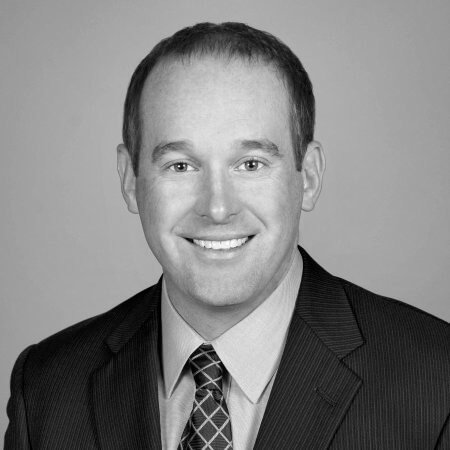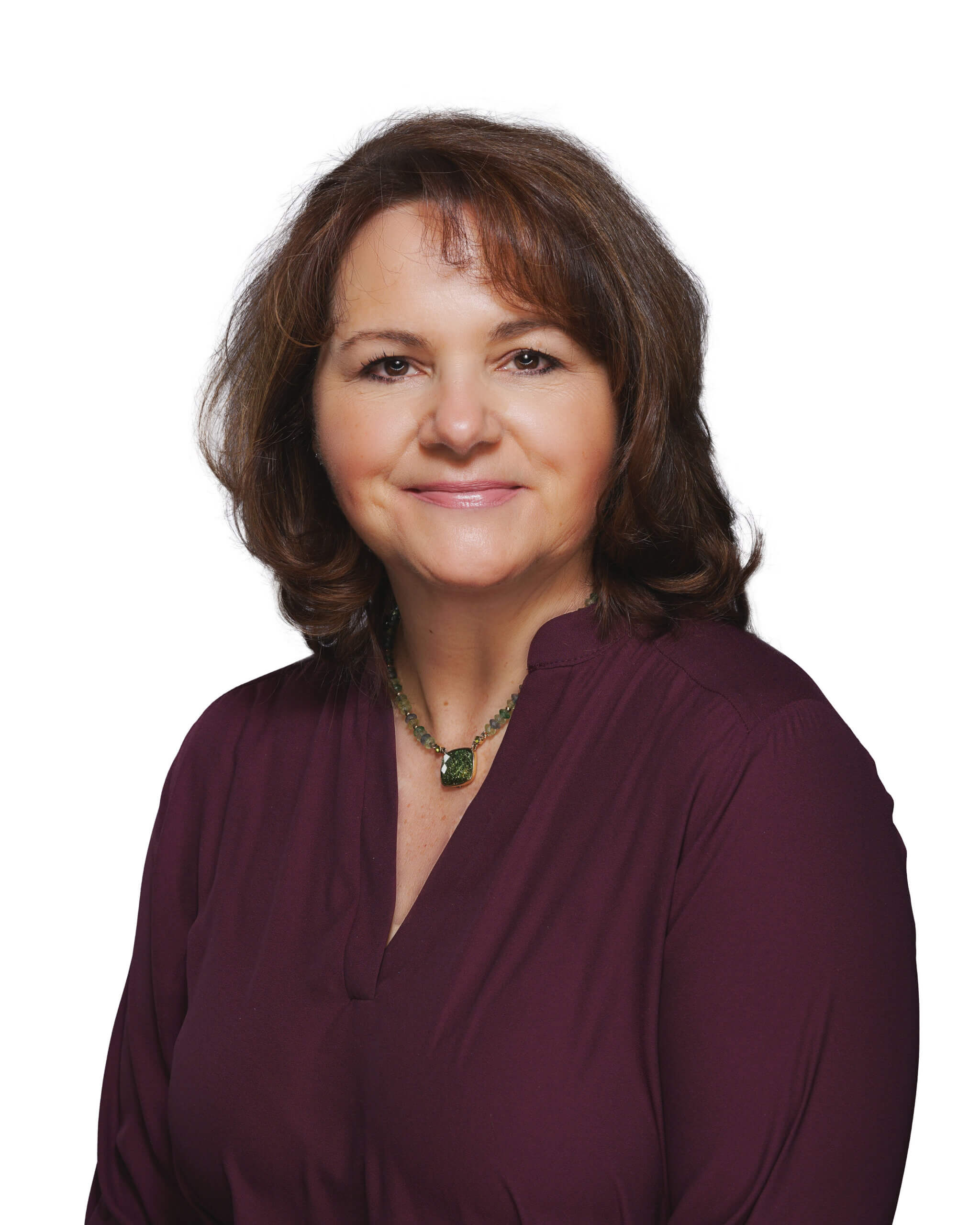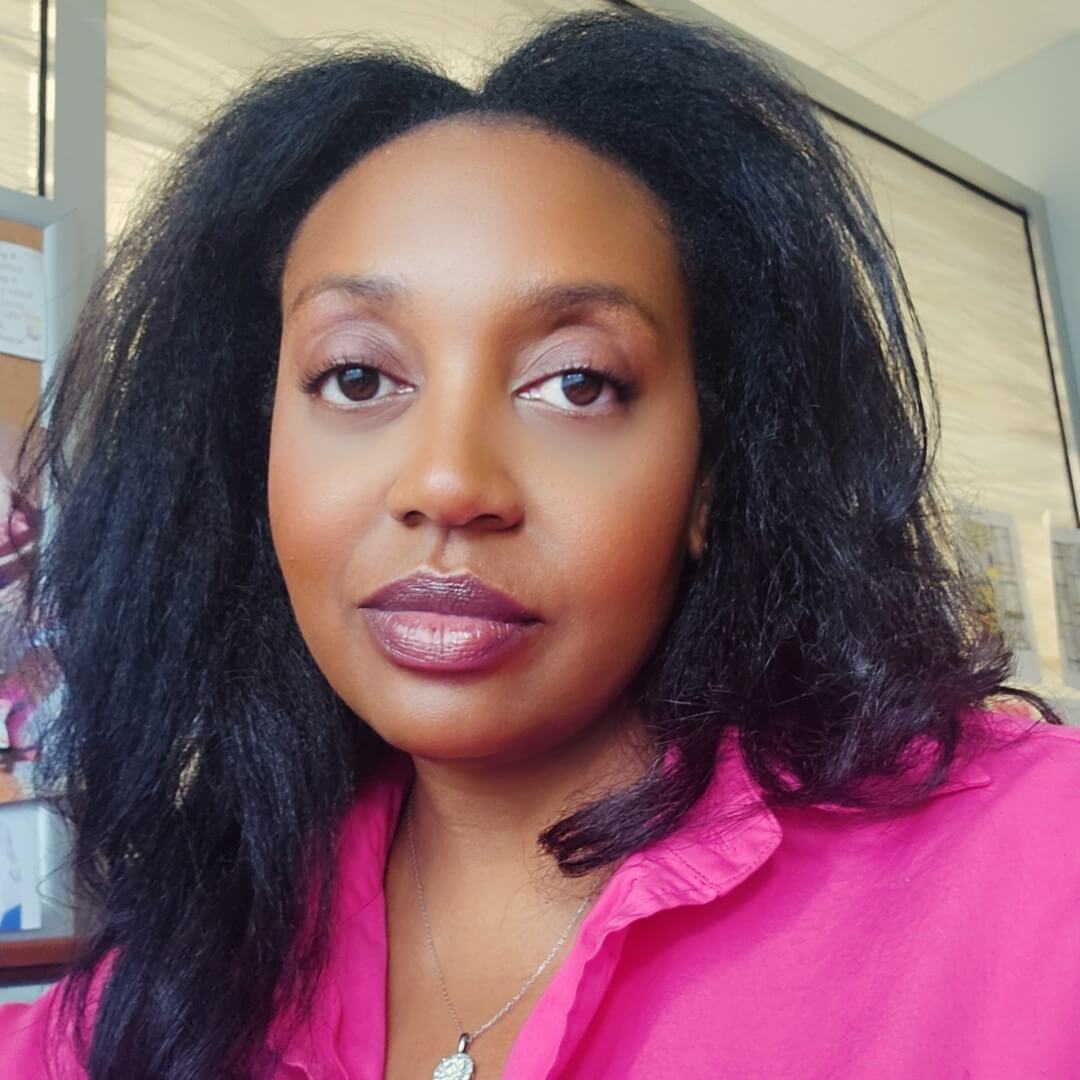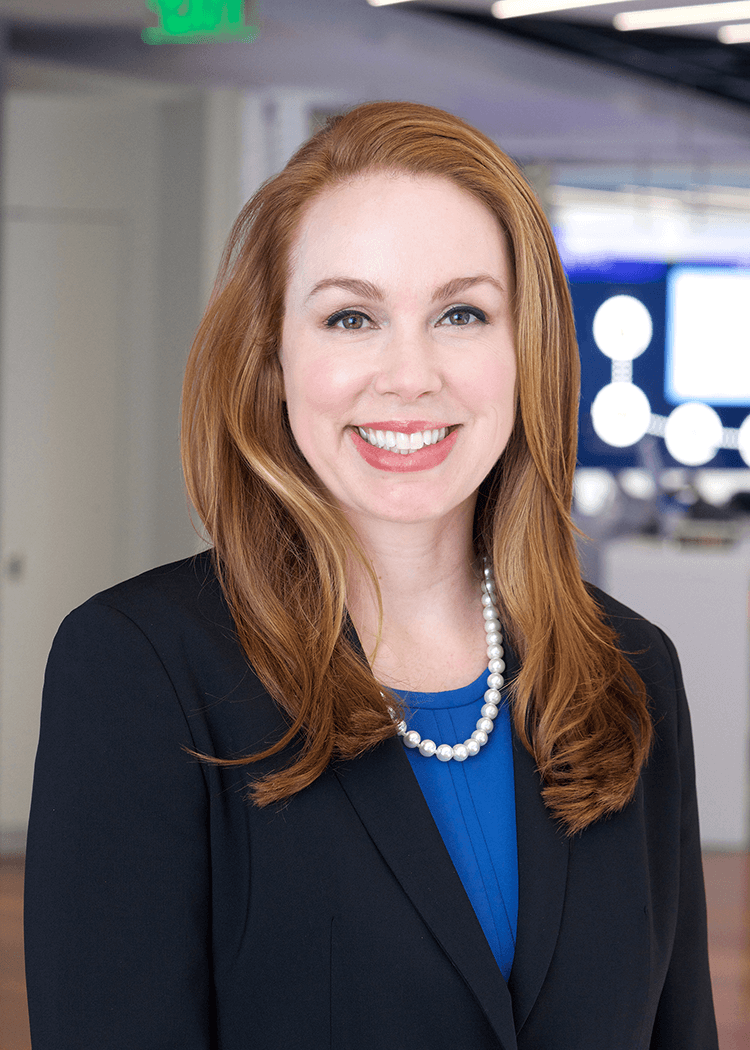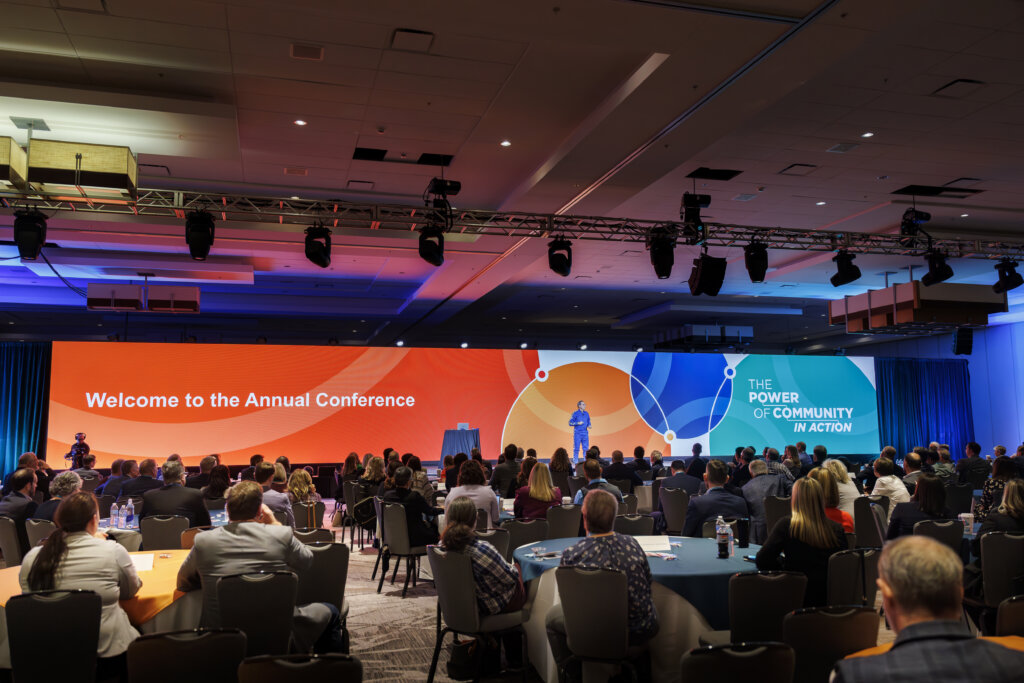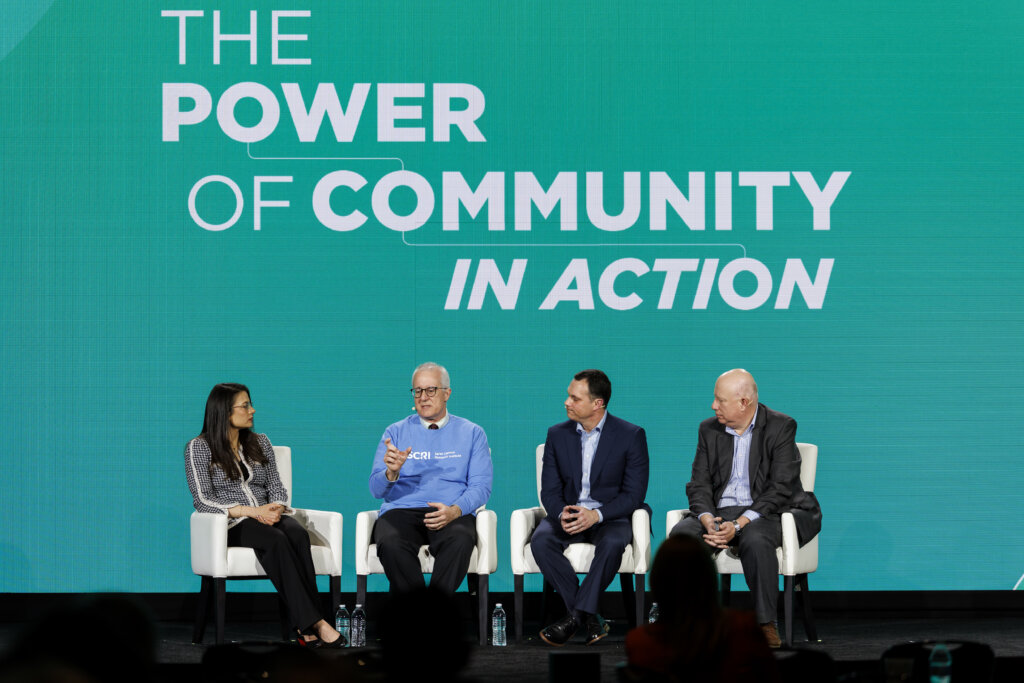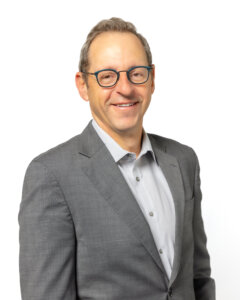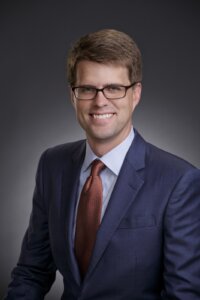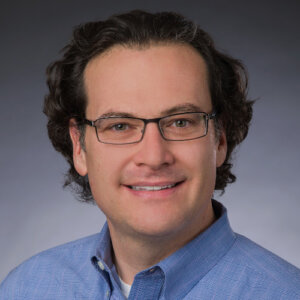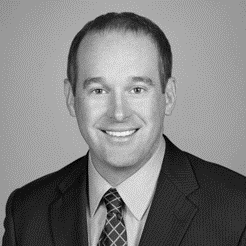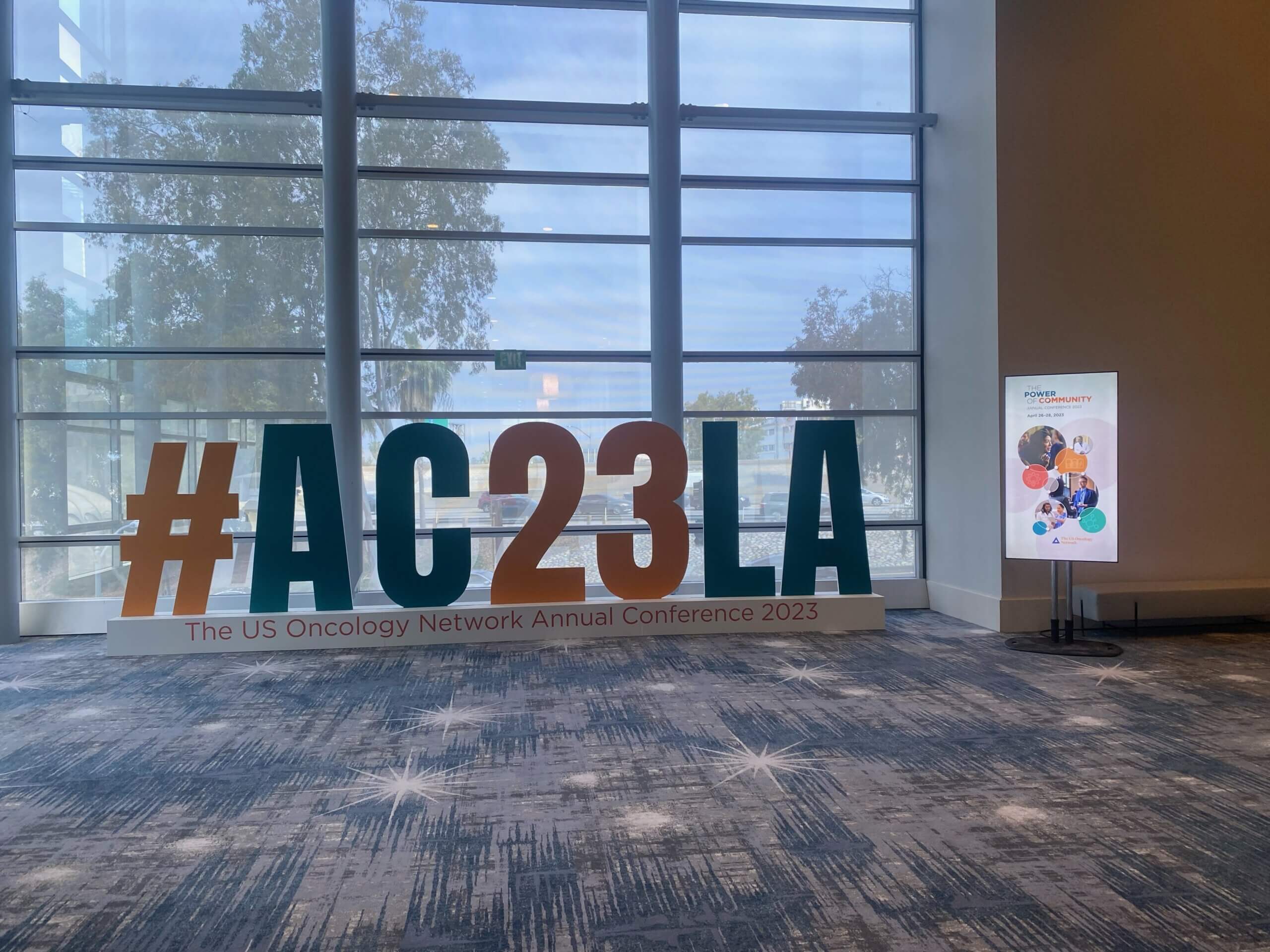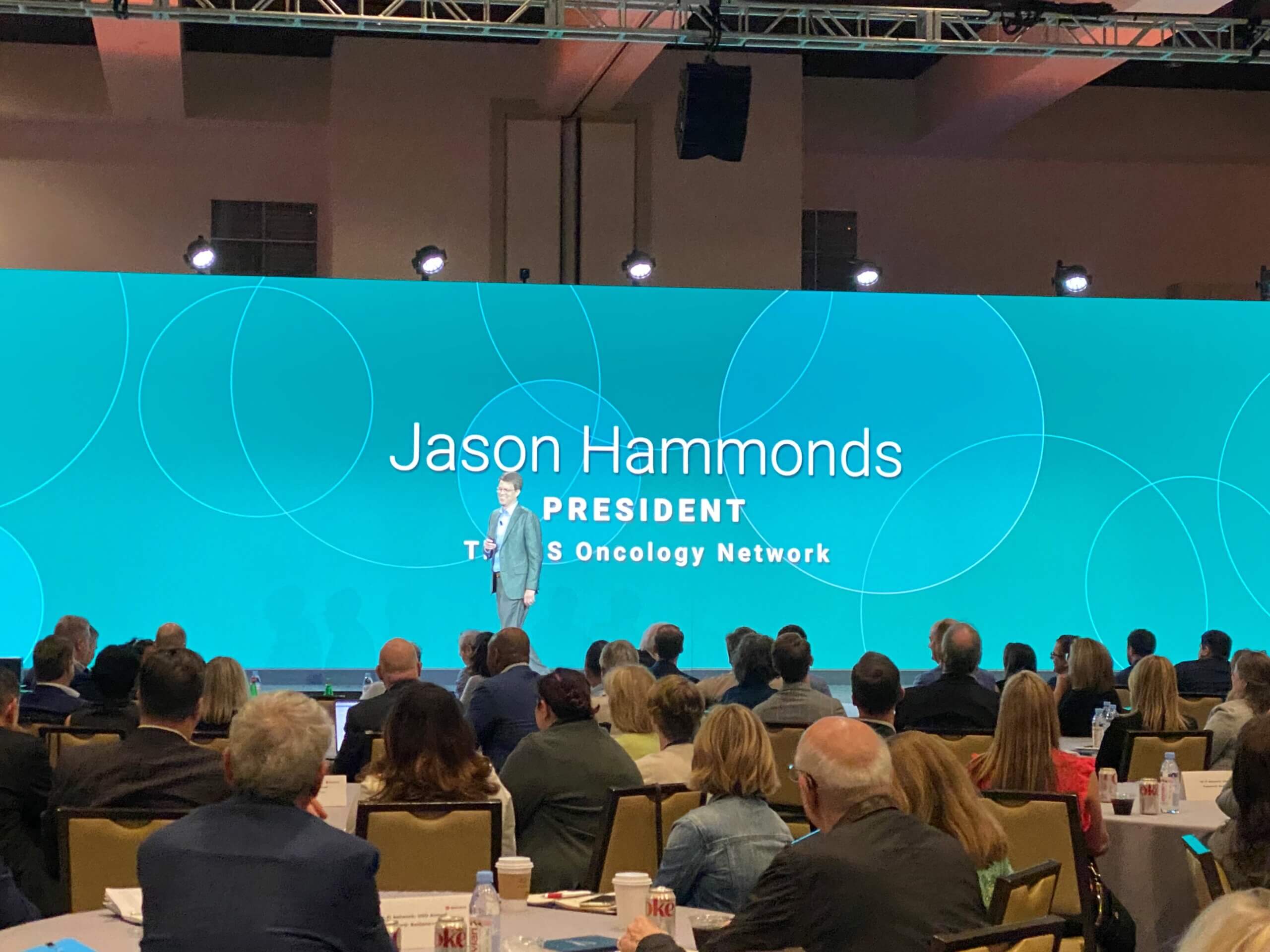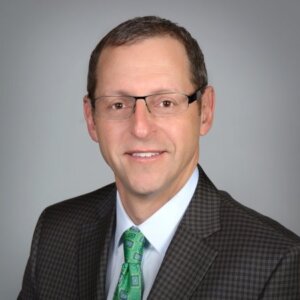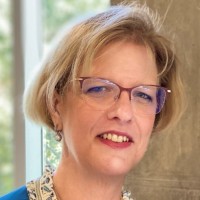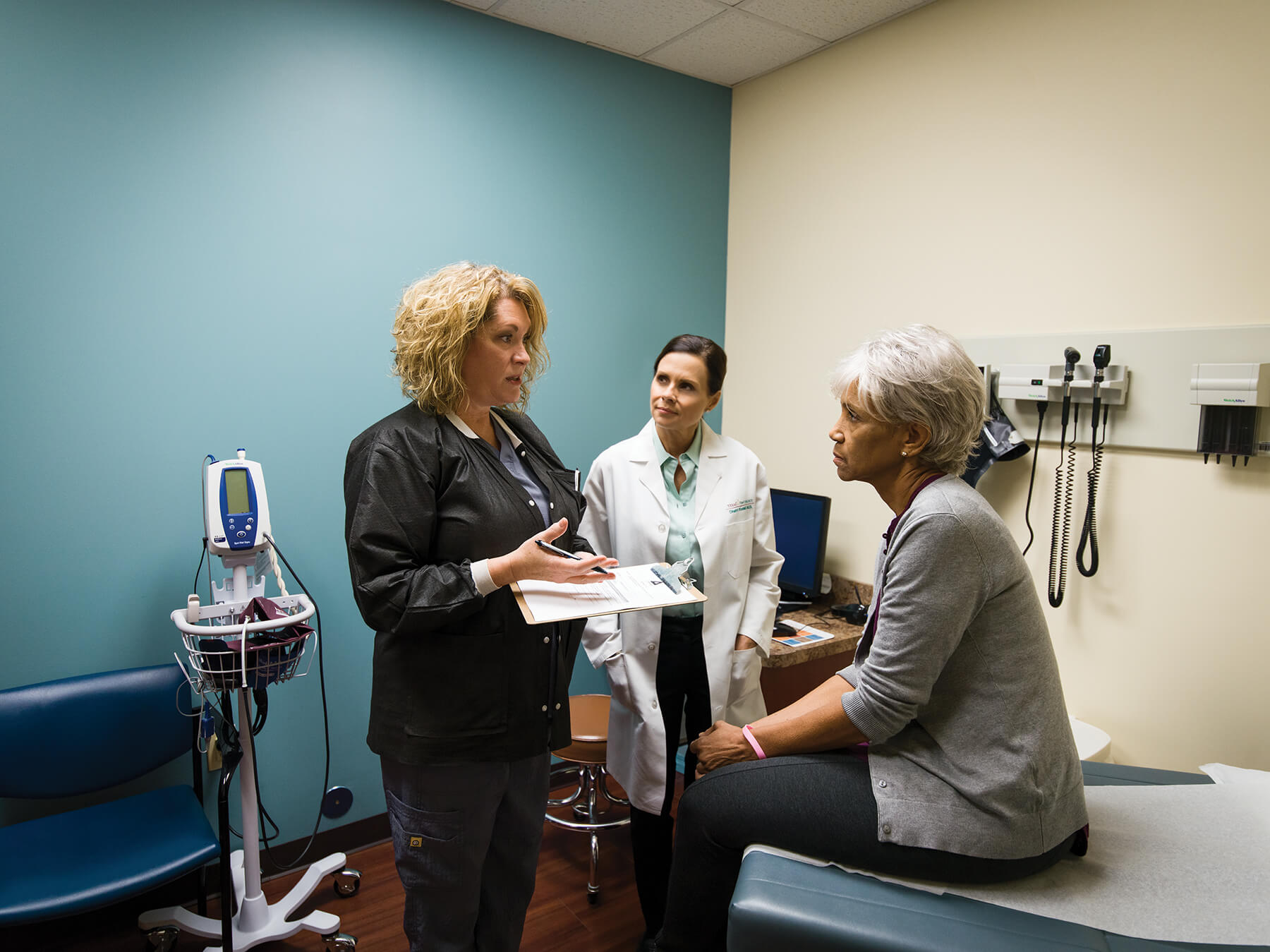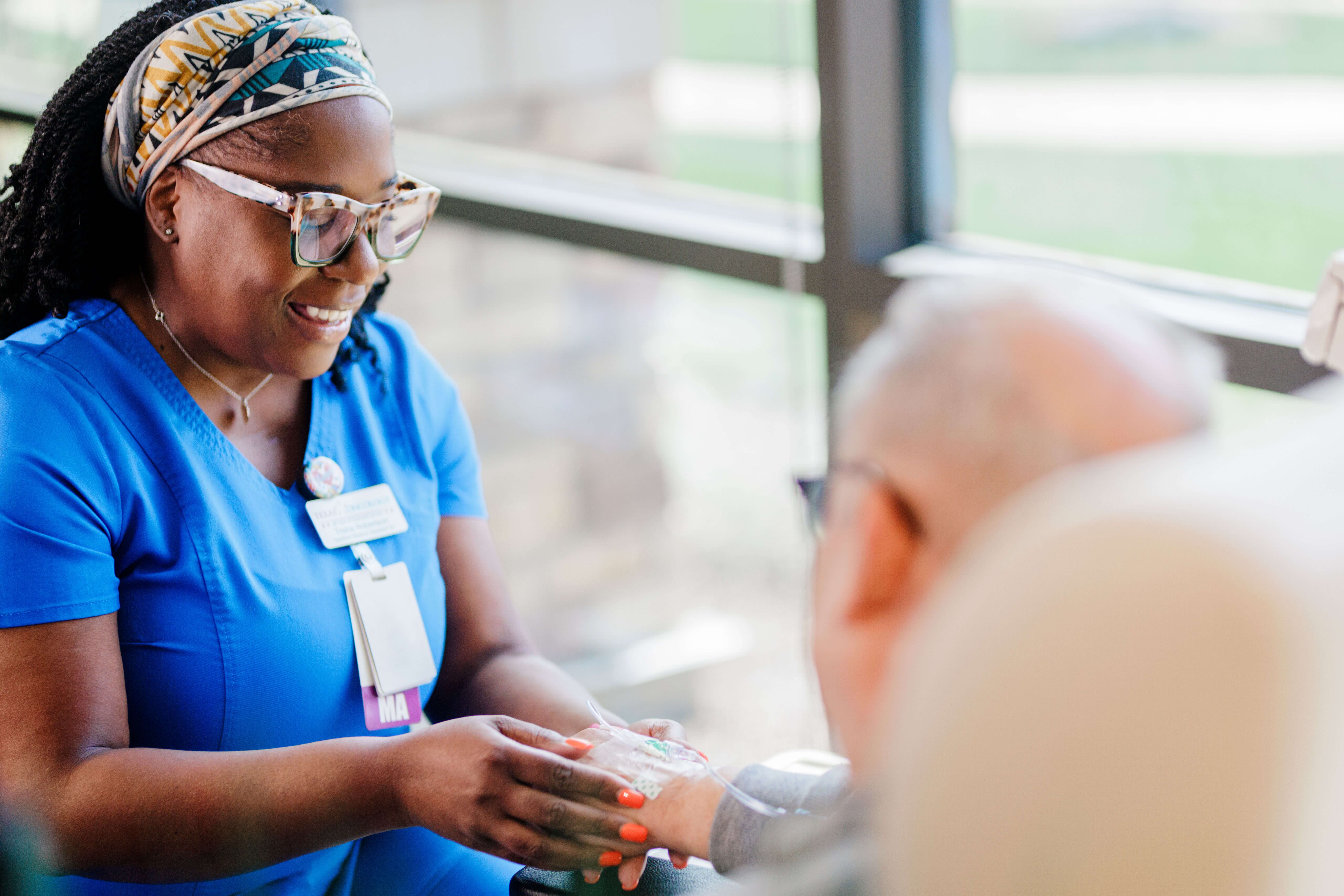
Devon Womack
President
by Jason Hammonds, president
2022 was a year of tremendous growth for The US Oncology Network – and we’ve kicked off 2023 by announcing that two new practices have joined our organization. As we’re growing, we’re not only welcoming new physicians, providers, and practices, but we’re also expanding capabilities, insights and collaboration in support of our unwavering mission to advance community oncology care and keep independent community oncologists flourishing.
Now more than 2,000 providers strong, The Network continues to provide unparalleled clinical tools, financial security, comprehensive operational support and value-based care expertise, all while allowing physicians to remain independent and provide outstanding care for patients close to home.
I’m incredibly proud of what The Network is accomplishing together. This not only includes growing the business to ensure more patients receive care close to home, but also leading the way in key initiatives such as value-based care, precision medicine and clinical research. Let’s take a look back at our past year.
Strength in numbers
Over 280 providers joined The Network in 2022, making us even better equipped to provide care to more patients. And as we grow, we deepen our collective expertise, expand our network of collaboration, and build upon the breadth of resources that we can provide to practices and the patients they serve.
We also had several practices, including Missouri Cancer Associates, Shenandoah Oncology and Maryland Oncology Hematology, renew their management agreements with The Network.
“Being a part of The US Oncology Network has helped our practice remain strong and deliver comprehensive care to our patients,” shared Dr. George Sotos, president, Maryland Oncology Hematology. “We have benefited from The Network’s extensive operational and clinical solutions, including strategic planning support, revenue cycle optimization and efficient drug management. We have access to both a wide range of promising novel therapies through the research program, and to the collective knowledge of 2,000 providers in The Network. These capabilities mean that together, we can provide expert, state of the art cancer care to our patients, in their communities, now and in the future.”
You can read about the ways we have helped our practices succeed here.
Shaping the future of cancer care
Physicians in The Network continue to stand out as thought leaders in the industry and were included in over 250 leading publications such as the Journal of Clinical Oncology, American Society of Clinical Oncology, American Journal of Managed Care, and The Hill, just to name a few.
Many physician across The Network have also taken on leadership roles within the industry, including: Dr. Debra Patt, who was recently elected to serve as the Vice President of the Community Oncology Alliance (COA) and elected to join the American Society of Clinical Oncology (ASCO) Board of Directors; Dr. Moshe Chasky, who was elected to serve on the COA Board of Directors, and Dr. Barry Brooks, who sits on the National Community Oncology Dispensing Association (NCODA) Executive Council. As part of The Network’s power, we give independent physicians a platform to share their insights and expertise to help further advance initiatives for patients and providers.
You’ll find highlights from our news coverage here. Thank you to these experts for sharing their perspectives and shaping the future of cancer care.
New initiatives to enhance the power of The Network
As quickly as healthcare is evolving, we are also continually undertaking new initiatives to ensure The Network is at the forefront of care. This year, we:
- Grew our surgical service line, helping our practices provide comprehensive care for patients along the entirety of their journey
- Completed investments to enhance interoperability capabilities, making provider workflows more efficient and ensuring our practices are even better connected with referring physicians
- Continued to invest in and develop a predicine medicine platform, including ease of ordering comprehensive genomic tests accompanied by clinical decision support tools
- Executed on numerous group purchasing organization (GPO) strategies that led to differentiated value for our practices and expanded medically integrated dispensing (MID) capabilities with projects such as Integrated Rx to reach even more patients
- Had an astounding twenty-five practices apply to the Enhancing Oncology Model (EOM), demonstrating our ongoing commitment to value-based care and improving outcomes
- Delivered industry-leading results in the Oncology Care Model (OCM) as well as in innovative commercial payer programs, like our five-year collaboration with Blue Cross and Blue Shield of Minnesota
- Established a joint venture between US Oncology Research and HCA Healthcare’s Sarah Cannon Research Institute, creating a comprehensive clinical research services organization focused on increasing access to clinical trials and bringing together more than 1,300 physicians who are providing access to clinical trials at more than 250 locations in 26 states across the U.S.
Kicking off 2023 by welcoming two new practices
We’re looking forward to another year of growth in 2023 and have begun the year by announcing that two new practices, Epic Care and Nexus Health, have joined The Network. With the addition of these multidisciplinary practices, we are entering new communities in Santa Fe, New Mexico and California’s East Bay, respectively, and expanding our ability to empower high-quality care in the community.
I can’t wait to see what this year brings as we continue to enhance the power of The Network and support our partner practices in achieving their strategic objectives.
ABOUT THE AUTHOR
 |
Jason Hammonds has served as the President of The US Oncology Network since 2021. He has supported The Network for more than 15 years in a range of leadership roles.
|
As the largest participant in the Oncology Care Model (OCM), representing over 25% of total physician participation and nearly $250 million in combined savings to Medicare, The US Oncology Network welcomes the release of the Enhancing Oncology Model (EOM).
“While we are continuing to review the details of the EOM, we are pleased The Centers for Medicare & Medicaid Services Innovation Center (also known as “CMMI”) is pursuing a voluntary, physician-driven, oncology-specific model that emphasizes health equity,” said Dr. Marcus Neubauer, chief medical officer, The US Oncology Network. “The development and implementation of the OCM was a very collaborative process between CMMI and the stakeholder community, and we look forward to continuing that collaboration to ensure successful participation in this new model.”
The EOM contains new challenges—in comparison to the OCM, the EOM entails more down-side risk, covers a smaller population, and has a lower monthly enhanced oncology services (MEOS) payment, but it also represents a strong step forward on the path toward value-based care.
Every May, we celebrate Oncology Nursing Month to recognize the critical role oncology nurses play in patient care. Despite the challenges of recent years, nurses have continued to show up for patients with fierce dedication and compassion.
This year’s theme, “The hands and hearts of hope,” reminds us that nurses are often a source of strength and hope for their patients and loved ones. And oncology nurses give hope to their patients and families while they travel through their cancer journey with a gentle touch before a procedure, a kind word in passing, or by comforting a patient or family member at the end of a journey. Oncology nurses tirelessly lead with expertise and compassion while providing hope and comfort for those facing the unimaginable.
Nurses have been a sense hope since the dawn of the profession, but in the last two years, they have had to juggle more than ever while caring for patients with cancer and the challenges of the pandemic. Through it all, they continue to make personal sacrifices and preserve for their patients.
We honor all oncology nurses for their dedication, commitment, and passion for helping those in need. Nurses play a key role in their patients’ cancer journey from explaining a diagnosis, to providing guidance through treatment, celebrating victories, and comforting patients through inconceivable setbacks. Even when faced with the most difficult situations, oncology nurses remain fearlessly committed to provide endless compassion and comfort to patients.
The Network recognizes the important role nurses play in providing the highest quality patient care in a community setting and we are committed to supporting the professional growth and development of all our nurses and clinical staff. Nurses in The Network have access to clinical education programs, various certification courses, wellness resources and on-going opportunities for leadership development.
We thank you and celebrate all nurses of The US Oncology Network and beyond during Oncology Nursing Month, and every other day of the year. Thank you for all you do day in and day out!
ABOUT THE AUTHOR
|
|
Judi Payne-De Bock, BSN is the senior director of Clinical Services for The US Oncology Network. She is responsible for leading The Network’s clinical services team and ensuring nurses and clinical staff at practices in The Network have the resources and support needed to provide high-quality patient care every day.. |
